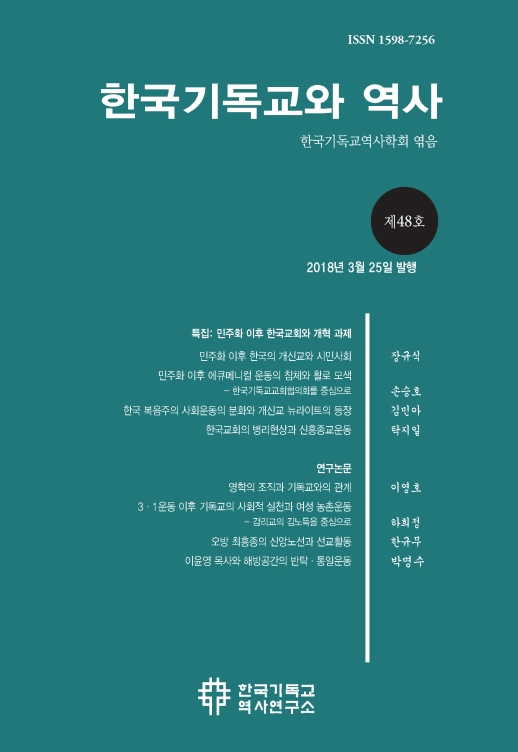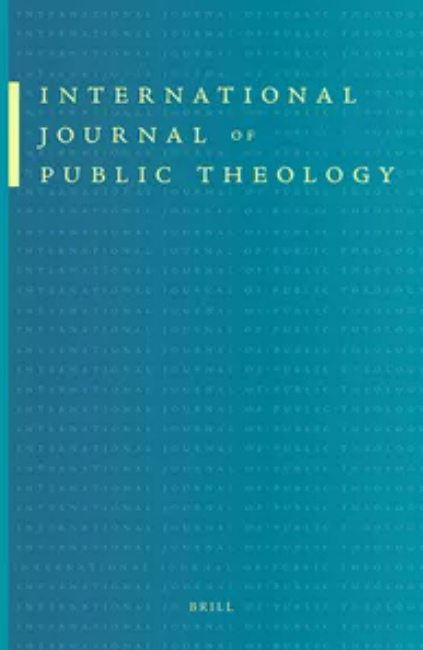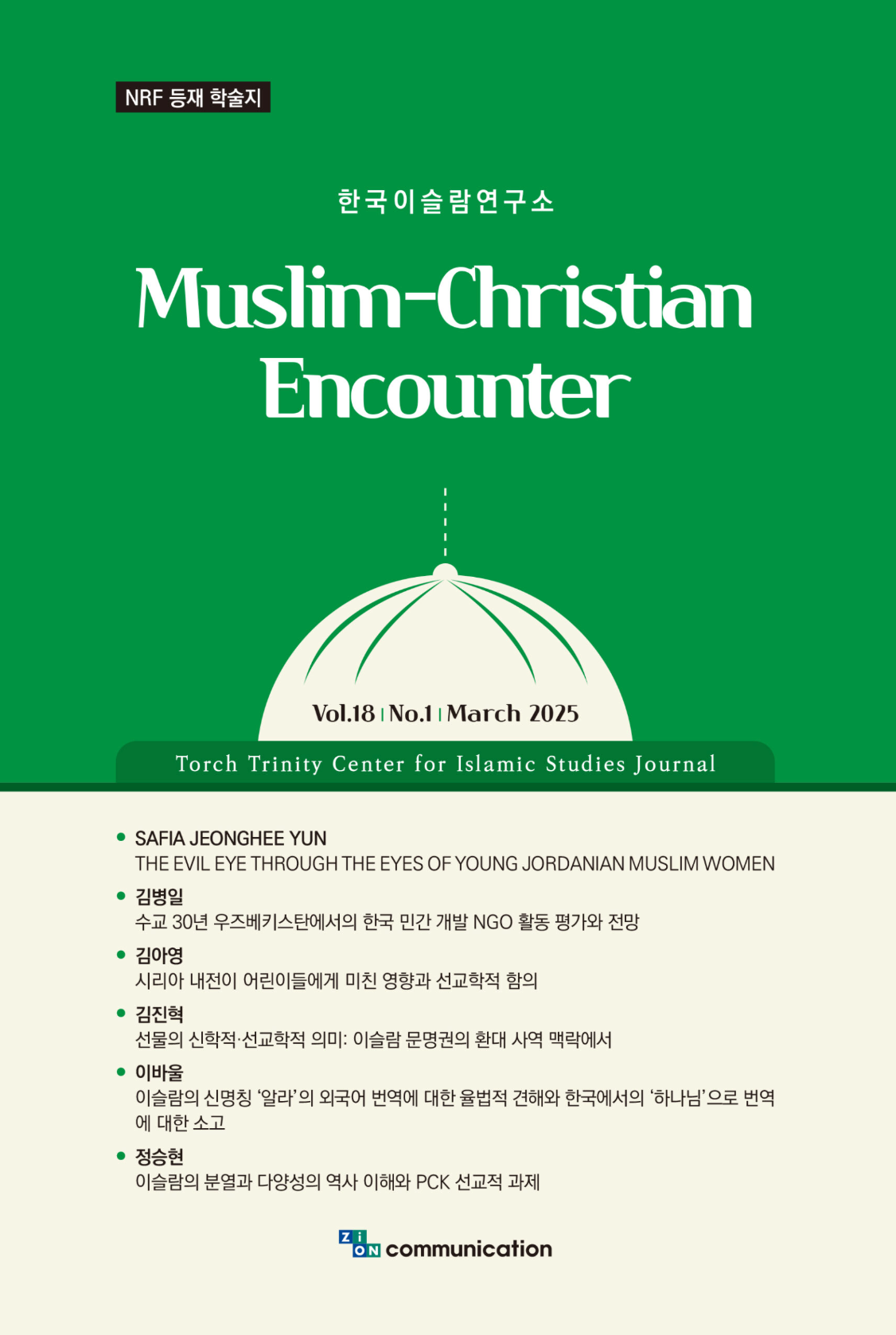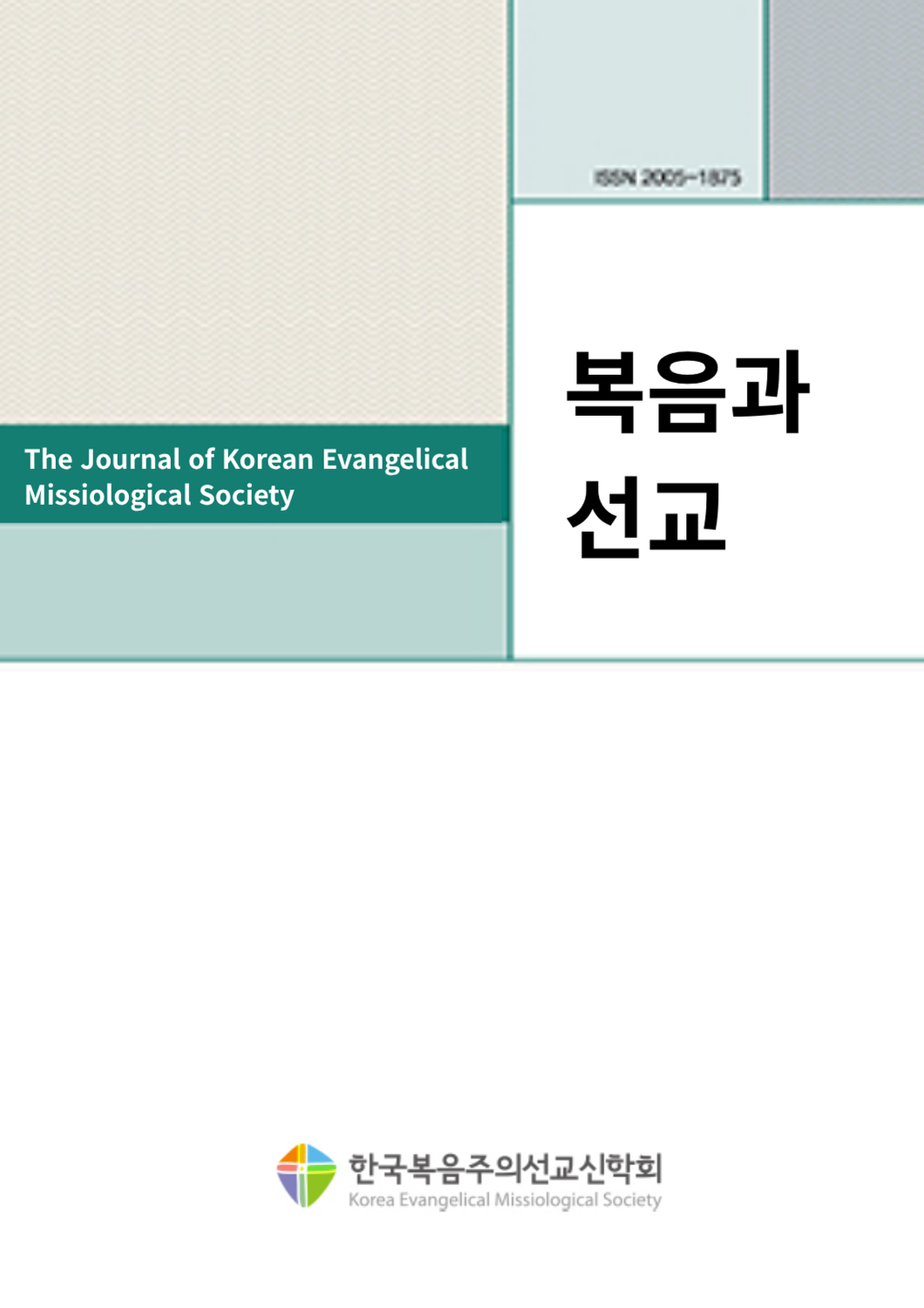민주화 이후 30년은 절차적 민주화에서 실질적 민주화로 가는 시행착오의 과정이었다. 그 와중에서 한국의 개신교계는 반공주의·성장지상주의·소비자본주의에 얼룩진 부끄러운 민낯을 여실히 드러냈다. 먼저 NCCK로 대표되는 에큐메니컬 기구 활동은 교계 대표성의 축소, 보수 헤게모니의 강화, 사회적 공신력의 추락, 지도력의 공백과 정체성 위기 등의 난맥상을 여지없이 드러냈다. 현재 NCCK는 교단 안배 식의 목회자 중심 연합운동에서 벗어나 평신도 에큐메니컬 역량을 포괄하는 방향에서 운동의 새로운 틀을 짜고, 종래의 관민 구도에서 벗어나 생명·평화·정의의 구체적 의제를 개발해야 할 과제를 앞에 두고 있다. 다음으로 기독교사회운동의 경우는 생활세계의 문제를 다루는 시민운동의 부상과 복음주의 계열의 사회운동 합류라는 새로운 양상이 나타났다. 또한 환경문제와 남북나눔·교회개혁 등의 의제를 놓고 에큐메니컬 진영과 복음주의 계열 사이에 운동의 접점을 넓혀가기도 하였다. 한편 민주화 이후 한기총으로 대표되는 보수 교권세력과 대형교회들은 신앙을 상품화하고, 수구 기득권을 옹호하는데 앞장섬으로 인해 시민사회 공론장의 신랄한 비판을 받아야 했다. 그리하여 교회갱신이 한국사회 적폐청산의 우선순위로 등극하는 엄혹한 현실을 맞이하였다. 현재 한국의 개신교는 교회갱신을 통해 경제 민주화와 사회 공공성 회복으로 가는 물꼬를 터야 할 과제를 눈앞에 두고 있다.
Thirty years after the democratization can be characterized as a series of trials and errors in the transition from procedural democratization to substantive democratization. During this transition, Korean Protestant Churches have revealed shameful demeanors tainted by anti-communist attitude, growth-oriented mind, and consumption capitalism. First, the ecumenical organization represented by the NCCK(National Council of Churches in Korea) revealed many predicaments including the weakening in the representative force of Korean Christianity, the enforcement of conservative hegemony, the diminution of social credibility, the lack of leadership and the identity crisis. Currently NCCK is faced with certain tasks for which it needs to withdraw from the pastor-centered movement and embrace the ecumenical capacity of laymen to set up a new framework of exercise, and to develop concrete agenda for Justice, Peace, and Integrity of Creation(JPIC). Second, the Christian social movement has been exposed to a new issue involving the emergence of civil society movement to cope with the problems of the ordinary life of the world in connection with the evangelical social movement. There are also happening the cases where the contacting point between the ecumenical camp and the evangelical camp is getting expanded over the agenda such as environmental problems, inter-Korean sharing and reform of the church. On the other hand, the conservative powers which are represented by the Christian Council of Korea and mega-churches, have been confronted by the severe criticism in the public sphere due to their commercialization of beliefs and advocacy for the privileges vested in the conservative groups. Thus, the renewal of the church became one of the first and foremost tasks for the reformation of Korean society. At present, Korean Protestant churches are facing the challenge of recovering from the economic democratization and restoring social publicity through the renewal of the church.







